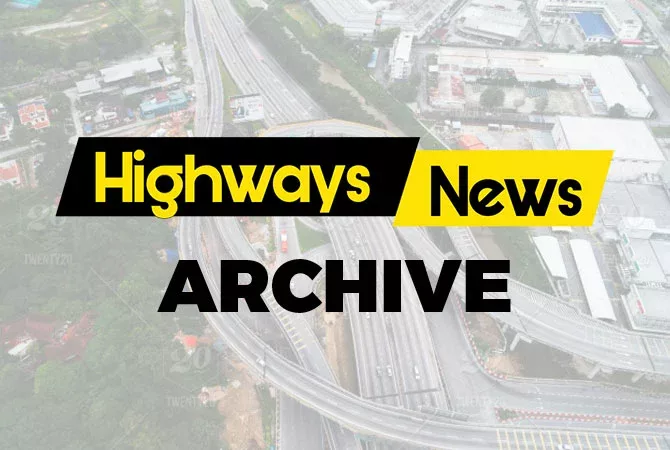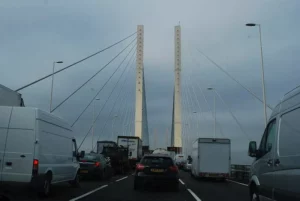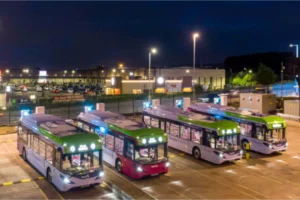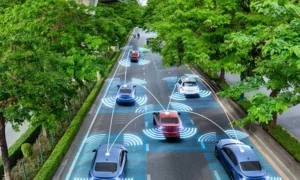A new research project funded by the UKRI, will work to understand the level of transmission of COVID-19 on public transport
The 18-month Leeds Univeristy study-Project TRACK-Transport Risk Assessment for Covid Knowledge, will undertake fieldwork on buses and trains in London, Leeds and Newcastle, including the light-rail system in Tyne and Wear.
With support from the Department for Transport and several transport organisations, TRACK will involve taking air and surface samples on parts of the transport network to measure background levels of the coronavirus.
As part of the research, the team hope to measure the effectiveness of interventions such as anti-viral coatings on high-touch surfaces, ultraviolet air-disinfection units on buses and trains, and cleaning compounds.
Led by Prof. Cath Noakes, the researchers will develop detailed simulations of the way the virus could potentially spread through airflow, from touching contaminated surfaces and from being close to someone infected with the virus.
Prof. Noakes, an expert in the transmission of pathogens inside buildings and a member of SAGE, said the team will utilise CFD modelling as well as infection transmission models that use zonal flow models to simulate risk in carriages. “The CFD modelling will be carried out using a Large Eddy Simulation finite-element CFD software Fluidity, developed at Imperial College,” she said.
Prof Noakes said there are a number of products and devices already on the market such as surface coatings and cleaning compounds that, if effective, could be rapidly deployed.
“In the case of UV disinfection, we will look at the modelled effectiveness of UV-C and would consider the practicalities of deploying such devices,” she said. “It is likely that there would need to be some further development of UV-C products if the modelling shows they are likely to be effective.”
The study will create models that will quantify the level of risk faced by passengers and transport staff, which will help government and transport operators decide if additional mitigation measures are needed, particularly when passenger numbers begin to return to the levels seen prior to the pandemic.
“Controlling transmission requires a layered approach that addresses all the mechanisms of transmission – aerosol, close-range droplets and via surfaces,” said Prof. Noakes. “We hope that the research will enable transport operators to identify the best selection of measures to optimise the reduction of risk on their services.”
Very little is known about who is travelling, their journey patterns and who will most benefit from mitigation measures so the team will use a range of approaches including established databases, online surveys and data collection using apps and digital proximity measurement techniques to close this gap.
The modelling and data analysis will involve experts from the universities of Leeds, Newcastle and Manchester, and the Defence Science and Technology Laboratory.
Environmental sampling of the virus will be undertaken by Public Health England. Researchers at Cambridge University and Imperial College London will investigate the analysis of airflows inside carriages.





















